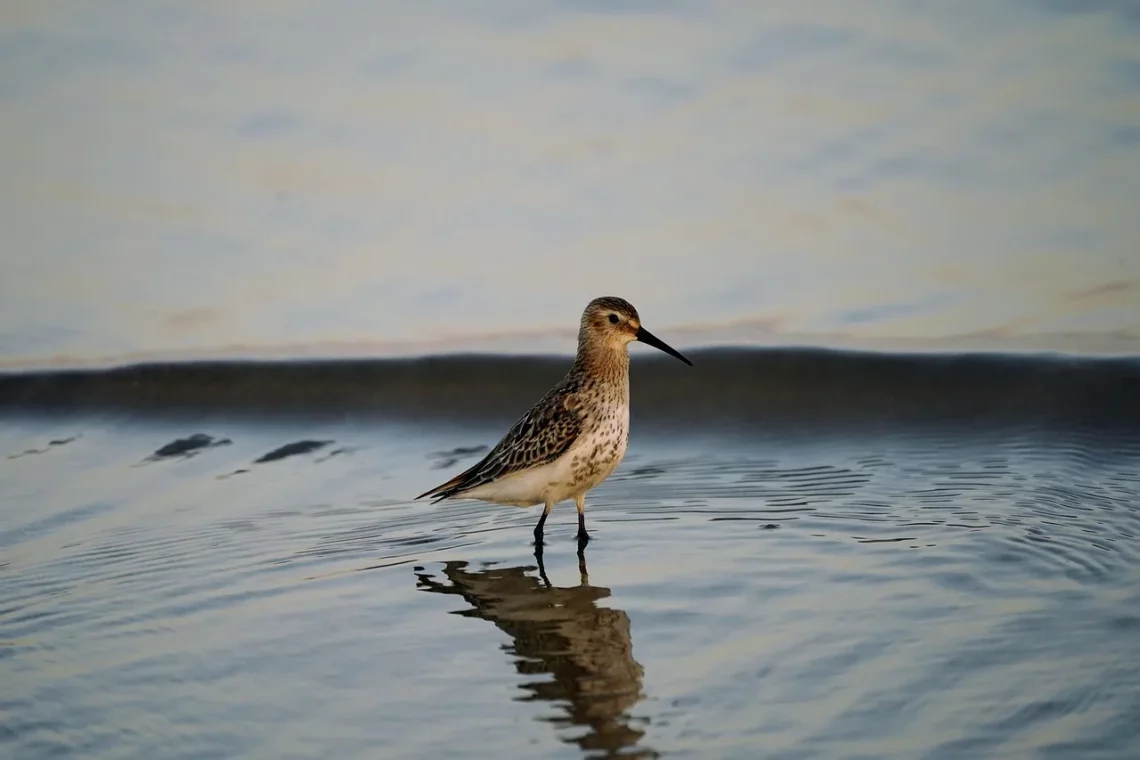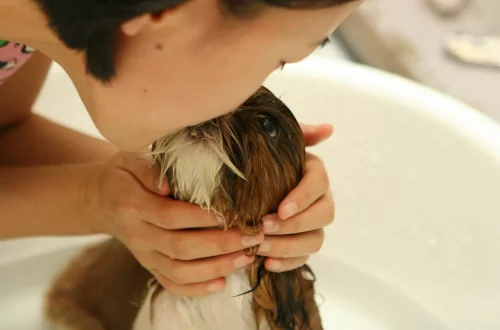
Unveiling Controversial Relationships Between Humans and Animals
The intricate relationship between humans and animals has long captivated our imagination and sparked intense debates. From the companionship of pets to the exploitation of wildlife, this connection is multifaceted and often controversial. Our interactions with animals can evoke a wide range of emotions, sparking discussions about ethics, conservation, and the very nature of our humanity. As we navigate through various cultures and societies, these relationships reveal the complexities of love, power, and responsibility.
In many ways, our relationships with animals reflect our values and priorities. While some people see animals as companions or family members, others view them primarily as resources—whether for food, labor, or entertainment. This dichotomy raises ethical questions about our treatment of animals and the moral implications of our choices. Furthermore, as we face global challenges like climate change and habitat destruction, the need for a reevaluation of our relationships with animals becomes increasingly pressing.
Through exploring these connections, we can gain deeper insights into our own behaviors and beliefs. The following sections will delve into various aspects of human-animal relationships, shedding light on their complexities and the controversies surrounding them.
The Role of Pets in Human Lives
The bond between humans and pets is one of the most common and emotionally charged aspects of our relationship with animals. For many, pets are more than just animals; they are family members who provide companionship, love, and emotional support. The presence of pets in our lives can significantly enhance our well-being, offering psychological benefits such as reduced stress and increased happiness. Studies have shown that interacting with pets can lower blood pressure, reduce anxiety, and even boost immunity.
However, as much as pets contribute positively to our lives, the decision to keep animals as companions raises ethical questions. The pet industry has grown exponentially, leading to concerns about overbreeding, puppy mills, and the welfare of animals in captivity. Many animals suffer from neglect or ill treatment, and the demand for certain breeds or exotic pets can exacerbate these issues. The responsibility of pet ownership also extends beyond mere companionship; it involves ensuring that animals are treated with care and respect throughout their lives.
Moreover, the pandemic has shifted perspectives on pet ownership. With more people working from home, there has been a surge in pet adoptions, leading to both joy and challenges. Owners must now navigate the complexities of integrating pets into a changing lifestyle, ensuring their needs are met while managing their own responsibilities. This evolution in pet ownership invites us to reconsider what it means to care for an animal and how we can foster healthier, more ethical relationships.
Ultimately, the role of pets in our lives is a reflection of our values and priorities. As we continue to engage with animals, it’s crucial to advocate for their well-being, ensuring that our companionship is built on mutual respect and understanding.
Wildlife Conservation and Human Impact
The relationship between humans and wildlife is fraught with tension and controversy. As human populations expand and encroach upon natural habitats, the balance between conservation and development becomes increasingly precarious. Wildlife conservation efforts are essential in preserving biodiversity and maintaining ecosystems, yet they often encounter pushback from various stakeholders, including local communities and industries.
Human activities such as deforestation, mining, and urbanization have devastating effects on wildlife populations. Many species are pushed to the brink of extinction as their habitats are destroyed, leading to a loss of biodiversity that affects the entire planet. In response, conservation organizations and governments have implemented various measures to protect endangered species, including protected areas, wildlife reserves, and laws against poaching.
However, the effectiveness of these initiatives can be hampered by conflicting interests. For instance, local communities may rely on land for agriculture or resource extraction, leading to tensions between conservation goals and economic needs. Additionally, wildlife tourism can offer financial incentives for conservation but may also contribute to habitat degradation and animal exploitation.
The ethical implications of wildlife conservation are complex. On one hand, it is crucial to protect endangered species and their habitats; on the other, the rights and needs of local communities must also be considered. Successful conservation efforts often require collaboration among various stakeholders, including governments, NGOs, and local communities. By fostering dialogue and understanding, it is possible to create sustainable solutions that benefit both wildlife and humans.
Moreover, technological advancements are playing a significant role in wildlife conservation. Innovations such as satellite tracking, drones, and artificial intelligence are transforming how we monitor and protect endangered species. These tools allow for more effective management strategies, enabling us to respond proactively to emerging threats.
In summary, the relationship between humans and wildlife is complex and multifaceted. As we work towards conservation, it is essential to balance ecological needs with human interests, paving the way for a more harmonious coexistence.
The Ethics of Animal Testing and Research
Animal testing has long been a contentious issue, raising profound ethical questions about the treatment of animals in scientific research. Proponents argue that animal testing is essential for advancing medical knowledge and developing new treatments, citing historical breakthroughs that have saved countless lives. However, opponents contend that the practice is inhumane and often unreliable, advocating for alternative methods that do not involve animals.
The ethics of animal testing hinge on the principles of necessity, suffering, and the potential for human benefit. While some argue that the potential benefits justify the use of animals in research, others believe that we must prioritize the rights and welfare of animals. This debate is further complicated by the variability in how different species respond to treatments, raising questions about the applicability of animal research to humans.
In recent years, there has been a significant push for the development of alternative research methods, such as in vitro testing, computer modeling, and human-based research. These approaches aim to minimize or eliminate the use of animals in scientific studies, promoting more ethical research practices. While these alternatives show promise, they are not yet universally accepted or applicable for all types of research.
The rise of biotechnology and advancements in genetic engineering also bring new ethical considerations. For example, the use of genetically modified organisms (GMOs) in research raises questions about the manipulation of life forms and the potential consequences for ecosystems. As science continues to evolve, it is crucial to engage in ongoing discussions about the ethical implications of our research practices.
In conclusion, the ethics of animal testing and research remain a complex and evolving landscape. As we strive for scientific advancement, it is imperative to consider the moral implications of our actions and seek alternatives that align with our values of compassion and respect for all living beings.
Animals in Entertainment: A Dual-Edged Sword
The use of animals in entertainment is another area rife with controversy and ethical dilemmas. From circuses and zoos to movies and television, animals have long been part of our entertainment landscape. While these industries can promote awareness and appreciation for wildlife, they also raise significant concerns about animal welfare and exploitation.
Zoos and aquariums, for instance, aim to educate the public about animal conservation while providing a safe haven for endangered species. However, critics argue that keeping animals in captivity for entertainment purposes compromises their well-being and natural behaviors. The debate over the ethical implications of captivity versus the conservation benefits is ongoing, with many advocating for more humane alternatives, such as wildlife sanctuaries that prioritize animal welfare.
Similarly, the use of animals in film and television can lead to ethical concerns regarding their treatment during production. Despite regulations and guidelines to protect animals on set, instances of abuse and neglect have been reported, prompting calls for stricter oversight and accountability within the industry. The rise of CGI and animation has provided alternatives to using live animals, allowing filmmakers to create compelling narratives without compromising animal welfare.
The phenomenon of social media has also transformed the way we engage with animals. Platforms like Instagram and TikTok have popularized animal influencers, showcasing pets and wildlife in a way that captivates audiences. While this trend can foster appreciation for animals, it also raises questions about the potential for exploitation and the pressure to monetize animal content.
In navigating the complexities of animals in entertainment, it is essential to prioritize ethical considerations and advocate for the welfare of animals. By promoting responsible practices and raising awareness of the issues at hand, we can enjoy the benefits of entertainment while ensuring that animals are treated with the dignity and respect they deserve.
In conclusion, the relationships between humans and animals are intricate and multifaceted, encompassing a range of ethical, social, and emotional dimensions. By engaging in thoughtful discussions about these connections, we can foster a deeper understanding of our responsibilities toward the animals we share our world with. As we continue to explore these relationships, let us strive for compassion and integrity in all our interactions with the animal kingdom.
*Disclaimer: This article is not intended as medical advice. For any health-related issues, please consult a qualified healthcare professional.*




